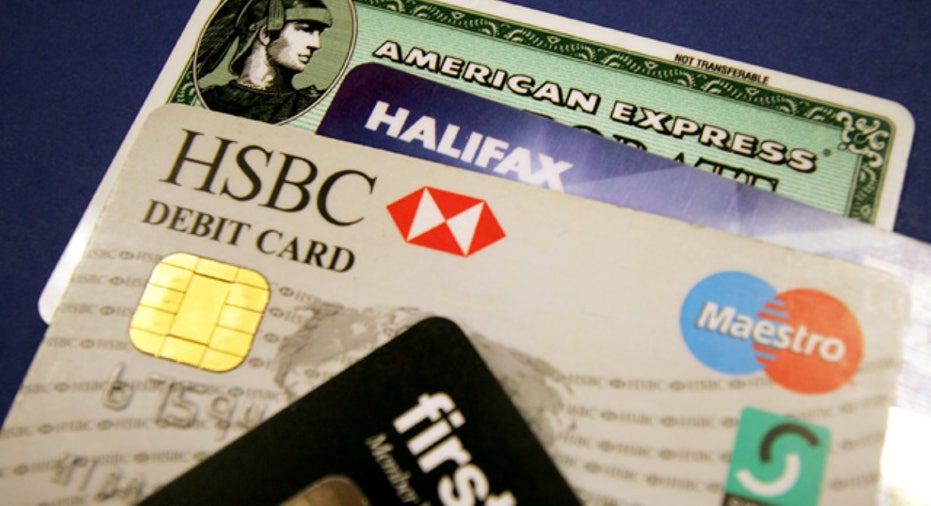Rejected: How Your Credit History Impacts Card Approvals

Dear Opening Credits,
I recently applied for a Journey Student Rewards credit card from Capital One, but was declined. This card, I thought, would be a sure approval seeing that it is for students (I'm a medical student) and requires an "average" credit rating. I don't understand why I was declined, seeing that my current credit rating is good, with an Equifax score of 687 and a TransUnion score of 734.
I had a few late payments on credit cards and installment accounts a few years ago, but all my balances are $0, paid off or low. They declined me because of a "limited credit history." I don't understand why I'm being declined to build good credit because of my age. I hate the fact that I applied for this, expecting to be approved, but wasn't -- placing a hard inquiry on my credit report. Please share any thoughts you may have as to what I could do to build credit at my age (24) that would not risk having a hard inquiry on my credit report. I feel like I'm doing everything right, but am still not getting rewarded for it. Thanks so much in advance.
-Errol
Dear Errol,
This may come as a surprise, but there is no such thing as a "sure approval" in the credit card business. Yes, there are times and circumstances when chances are high that you would be approved for a loan or line of credit, but you can forget about guarantees.
Even when a product is marketed to a specific segment of the population -- students, small business owners, travelers and so on -- the issuer still has the upper hand and can select its cardholders based on whoever it is looking for at that particular moment. Ultimately, the issuer can also choose to say "no thanks" with little more than a brief explanation.
It appears that your TransUnion credit score is pretty good right now, though the one from Equifax is a touch low to qualify for the very best credit cards on the market today. At this stage in the game, a score of about 720 or higher is ideal (FICO-based credit scores go up to 850, but few people hit that mark).
Still, it doesn't look like the scores themselves are holding you back. In fact, the creditor already told you what is: your limited credit history. And just what does that mean? Well, it's one of the five factors that goes into the credit scoring process. The two most important categories are "payment history" at 35%, and "amounts owed" at 30%. As you have no consumer debt and the late payments you made were a while ago, you seem to be OK for the biggies. However, "length of credit history" is the next most important part of the equation, at 15%, and this is where you seem to be lacking.
I'd like you to consider this matter from a creditor's perspective. They are in the business of loaning money and expect to get back all of what you charge, and then some, when you add in interest and fees. The card you were interested in was unsecured, meaning there is no collateral involved. If you renege, they have to spend time and expense contacting you, and if you still don't pay, either sell the balance at a loss to a collector or take you to court. They don't want to have to take either of these actions, so they turn to your credit report to be as sure as possible that you're good for your word. A long, positive history of borrowing and repaying money gives them confidence that you will be a responsible customer.
At this point I'd advise against pursuing another unsecured account. Just go for a secured credit card right now and build your reputation as a great cardholder. They are relatively easy to qualify for, the collateral can be as low as a few hundred dollars, and they're excellent starting (or rebuilding) credit tools. Just a year or so of regular, responsible use can do the trick. After that, try for an unsecured card again.
In the meantime, don't fret about getting dinged for that inquiry, Errol. One is not a big deal. Hard inquiries (applications for credit) comprise only 10% of a credit score, and a few here and there are totally expected.
More from CreditCards.com:



















